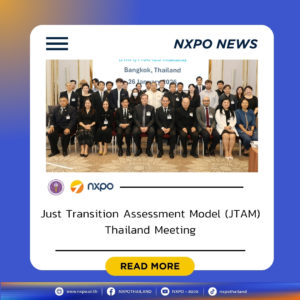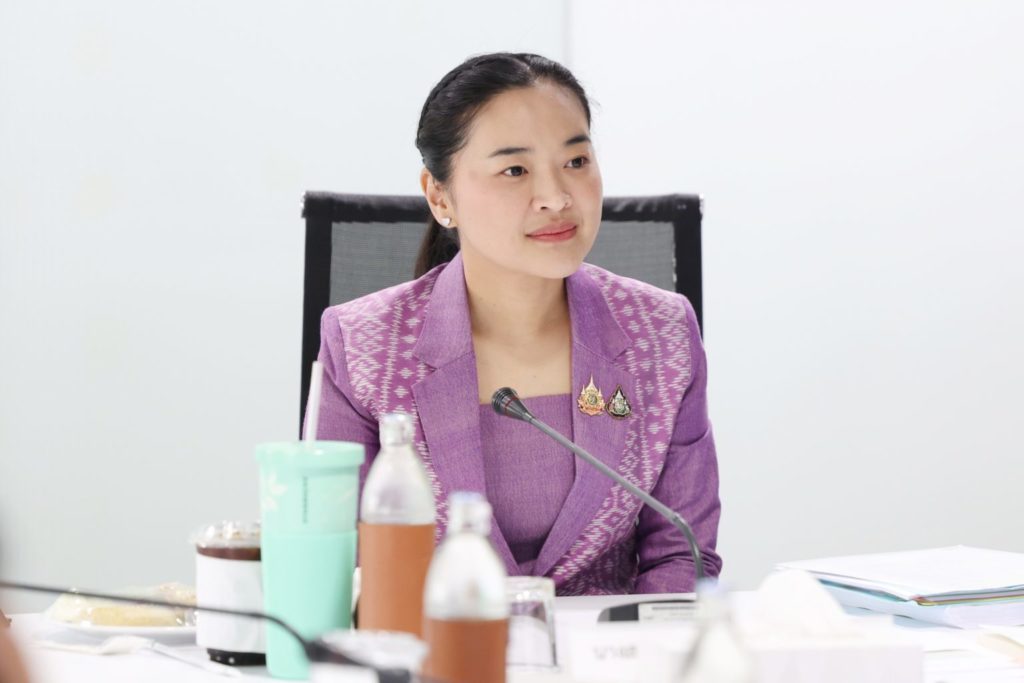
On 4 August 2025, the Ad Hoc Committee on Higher Education Innovation, under the National Higher Education, Science, Research and Innovation Policy Council, convened under the chairmanship of Ms. Sudawan Wangsuphakijkosol, Minister of Higher Education, Science, Research and Innovation (MHESI). The committee approved five new education programs under the Higher Education Sandbox initiative.
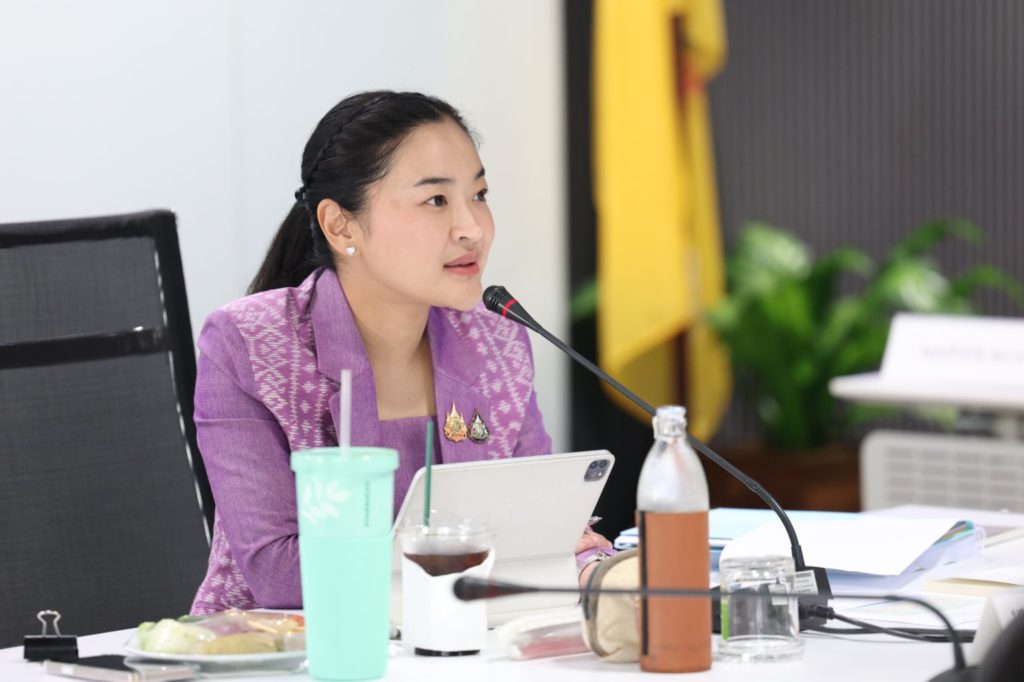
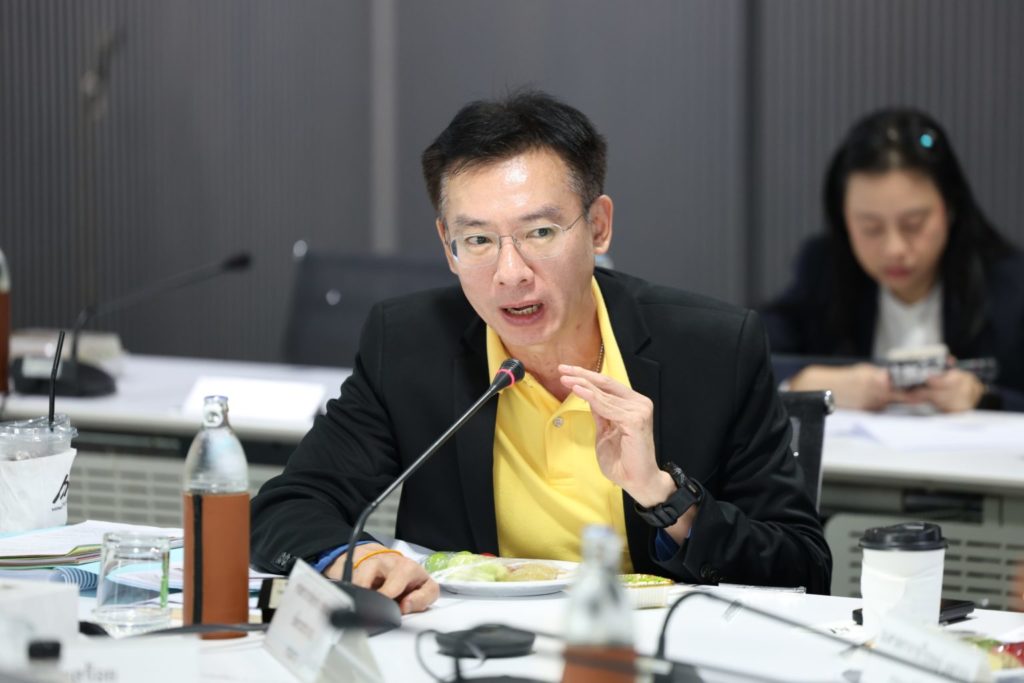
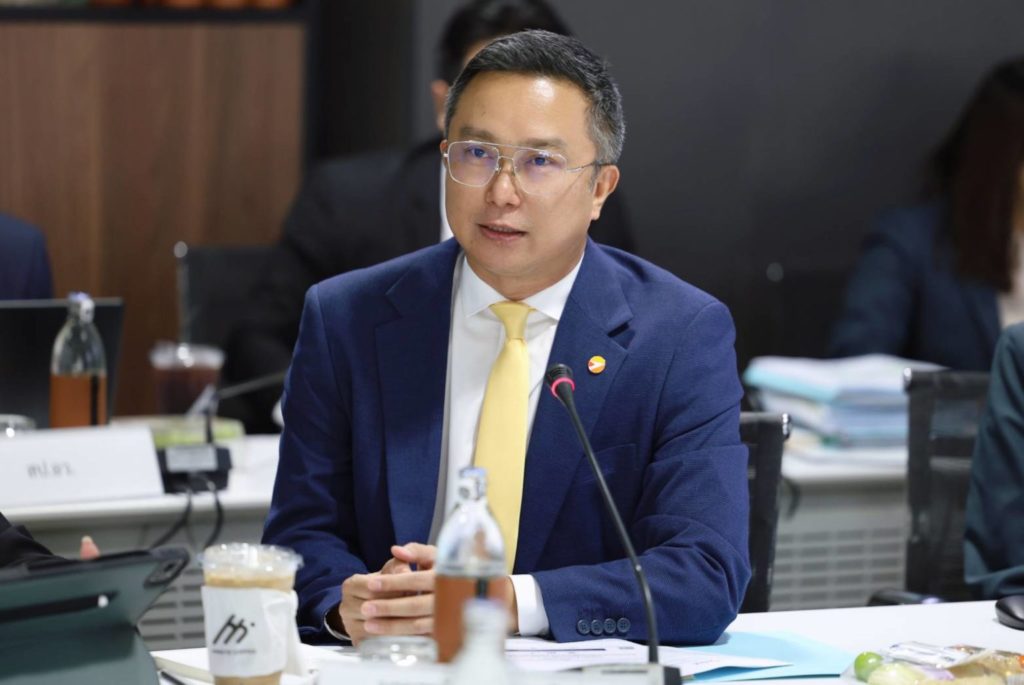
Dr. Surachai Sathitkunarat, President of NXPO, reported progress on the sandbox initiative, noting that a total of 19 programs have been approved, aiming to produce 26,045 high-competency professionals. Sixteen programs are already underway, with 2,077 students enrolled. In 2025, MHESI’s flagship top-down semiconductor engineering sandbox program was launched across five universities, enrolling 161 students. Prof. Dr. Supachai Pathumnakul, Permanent Secretary of MHESI, stressed the urgent need to scale up master’s and doctoral-level talent in semiconductors to strengthen industry competitiveness. Given the sector’s rapid technological evolution, he emphasized involving industry experts directly in program delivery.
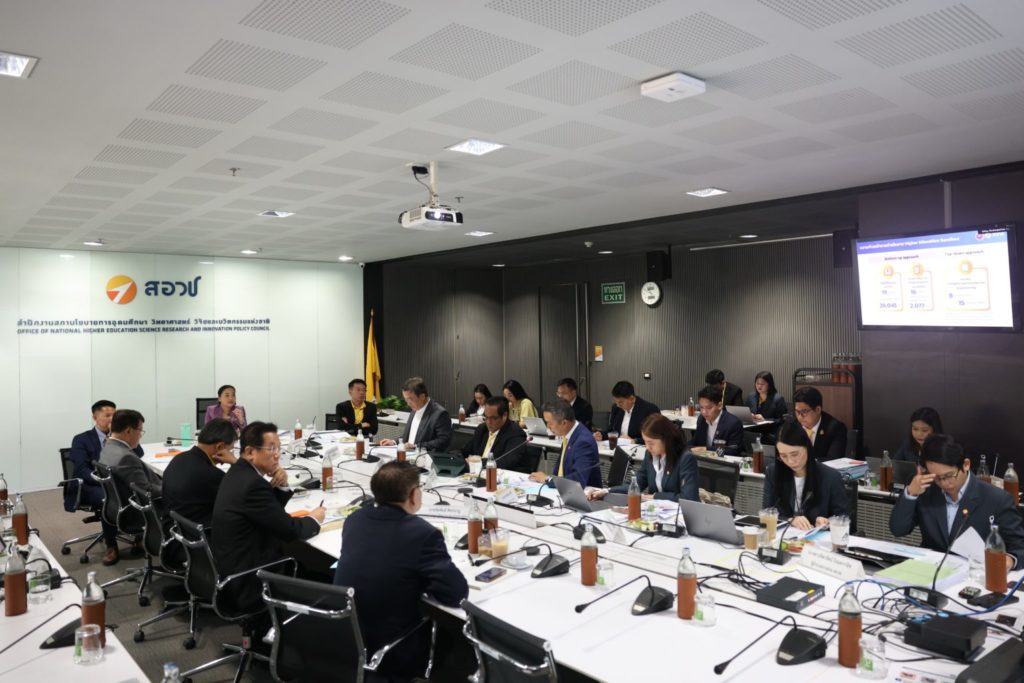
An independent evaluation of eight sandbox programs highlighted key innovations in higher education, including competency-based curricula, close collaboration with prospective employers, data-driven education management, a new general education model, and the use of advanced technologies and supportive mechanisms to enhance learning. Recommendations included improving student recruitment systems, enhancing communication and outreach, providing resources for new curricula, creating systematic collaboration mechanisms with stakeholders, developing integrated data and evaluation systems, and introducing faculty workload management alongside sufficient support staffing. During the meeting, Assoc. Prof. Witaya Wannasuphoprasit, Dean of the Faculty of Engineering, presented Chulalongkorn University’s Bachelor of Engineering Program in Computer Engineering and Digital Technology. The program features block courses, enabling students to begin technical training and internships in their first year, providing early hands-on experience. Over 200 companies engage with the program, offering industry-relevant activities and electives. This strong academic–industry linkage often leads to internships and job placements. Evaluations show that 80% of first-year students performed as well as or better than third-year students in traditional programs.
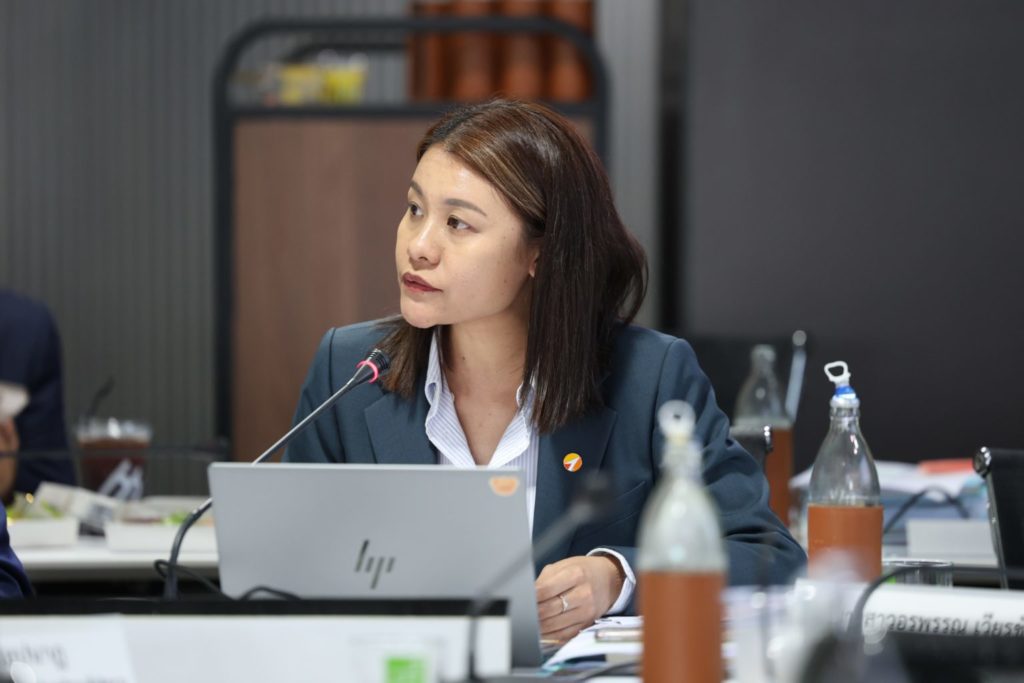
Dr. Pornpen Sae-ung, Senior Policy Specialist at NXPO, outlined the five newly approved sandbox programs:
- Doctor of Philosophy and Master of Engineering in Microelectronic Design – Led by King Mongkut’s Institute of Technology Ladkrabang (KMITL) in collaboration with 12 partner universities. These joint programs involve 13 universities and the National Research Council of Thailand (NRCT), enabling shared faculty and infrastructure, and cross-institutional enrollment, with industry representatives in the program’s governing board to ensure graduates meet labor market needs. The goal is to produce 75 master’s and doctoral-level microelectronic design engineers for the semiconductor industry.
- Doctor of Philosophy and Master of Science in Geospatial Data Science – Operated by the Thailand Academy of Science (TAS), in partnership with the Program Management Unit for Human Resources & Institutional Development, Research and Innovation (PMU-B), and the University of Phayao. The programs foster collaboration among research institutes, universities, TAS, the private sector, and national geospatial data organizations, such as the Geo-Informatics and Space Technology Development Agency and the Hydro-Informatics Institute, integrating frontier research and workforce development to address real-world problems. The programs aim to produce 50 master’s and PhD-level geospatial data scientists.
- Doctor of Philosophy and Master of Engineering in Railway Engineering and Technology – Operated by TAS, PMU-B, and the University of Phayao. These programs develop high-skilled engineers and specialists in railway technology through partnerships with stakeholders, including NSTDA, TISTR, the Rail Technology Research and Development Agency (RTRDA), the State Railway of Thailand (SRT), and private firms like CH. Karnchang, Sino-Thai Engineering and Construction, and Italian-Thai Development. The programs emphasize co-curriculum, co-teaching, co-certification, and research-based learning. It targets the production of 100 master’s and doctoral-level railway system engineers and specialists.
- Doctor of Pharmacy (Sandbox 4+2 years) – Offered by Burapha University and endorsed by the Pharmacy Council of Thailand. The program comprises a 4-year coursework and a 2-year professional practice, involving diverse stakeholders including hospitals, pharmacies, and pharmaceutical companies in the co-creation education. It aims to produce 120 job-ready pharmacists with in-depth professional experience.
- Master of Science in Digital and AI Technologies in Health Systems (Interdisciplinary Program) – Offered by Chulalongkorn University. The program involves stakeholders such as the Ministry of Public Health, hospitals, and international universities in co-designing the curriculum to bridge demand–supply gaps. Emphasis is placed on both technical and soft skills, with the goal of producing 230 highly specialized master’s graduates in digital health systems.




